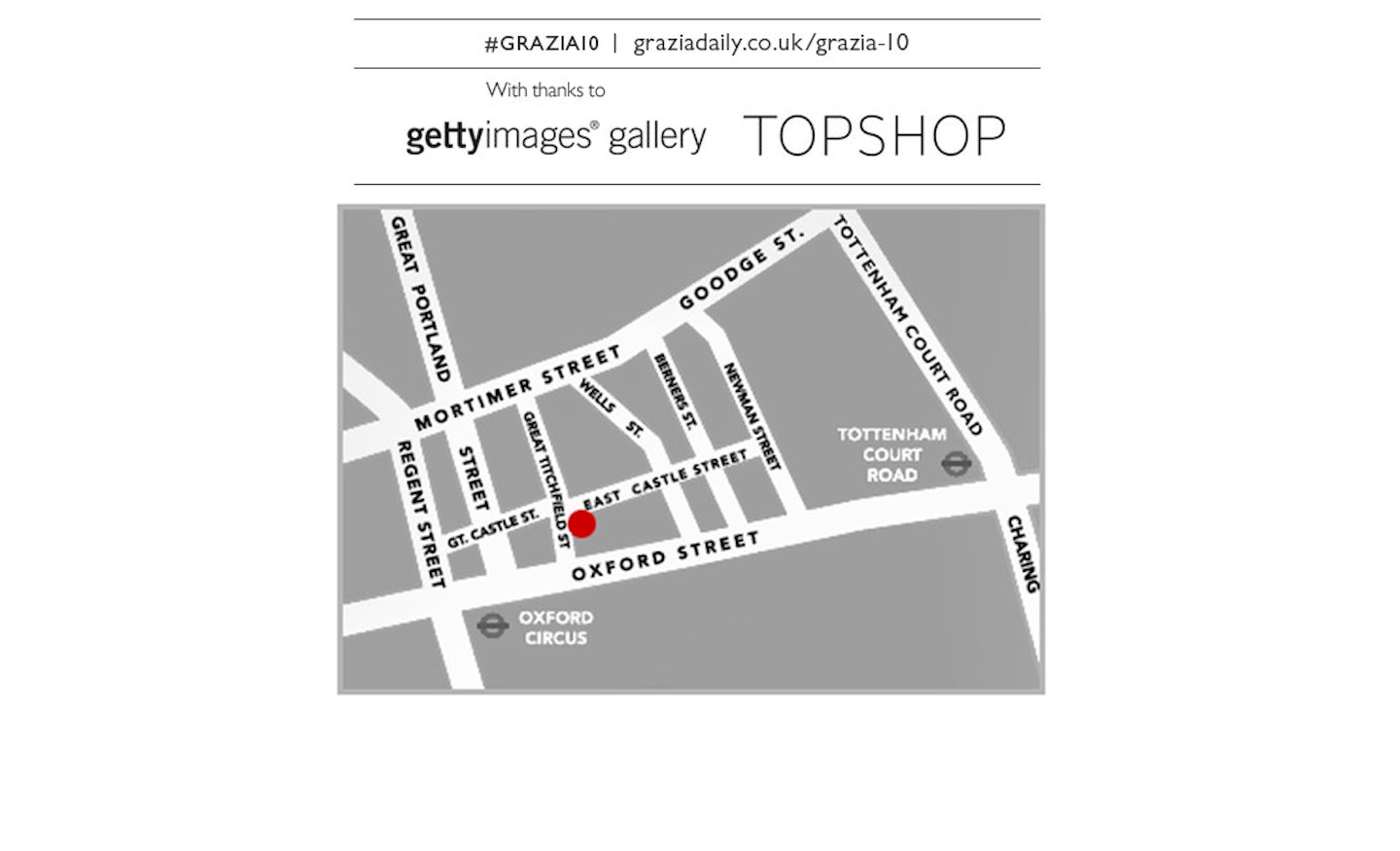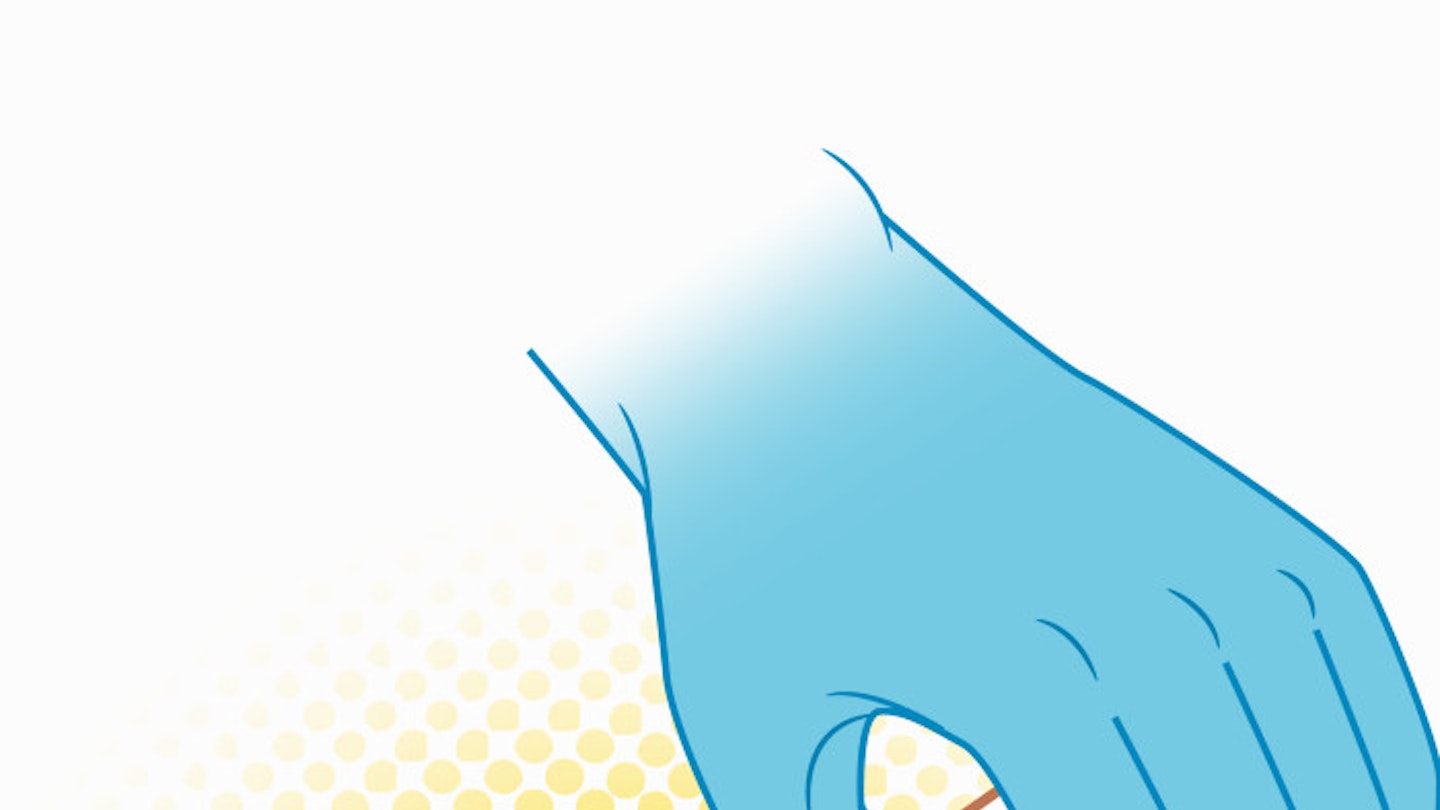It may be fashion month, but here at Grazia HQ we are also busy celebrating the fact that we are 10 years old. To honour the occasion we are hosting a celebratory exhibition at the Getty Images Gallery in central London (it's open to the public so do pop in), and with it, beginning a series of TenTalks (check out all the info on the forthcoming talks here) with the industry's biggest movers and shakers.
This morning we were joined by Change.org UK director Brie Rogers Lowery, Buzzfeed UK news reporter Rossalyn Warren, journalist and feminist campaigner Caroline Criado-Perez and pyschologist Linda Papodopoulos as chaired by the brilliant Emma Barnett, women's editor of The Telegraph, for the last in our series of TENTalks.
When Grazia first launched ten years ago, Twitter, Instagram and the multitude of platforms we're reportedly checking up to 150 times a day (!) were just a blip in someone's eye. The debate rages on whether all this tech is actually a friend or foe.
Allow us to introduce our five best bits...
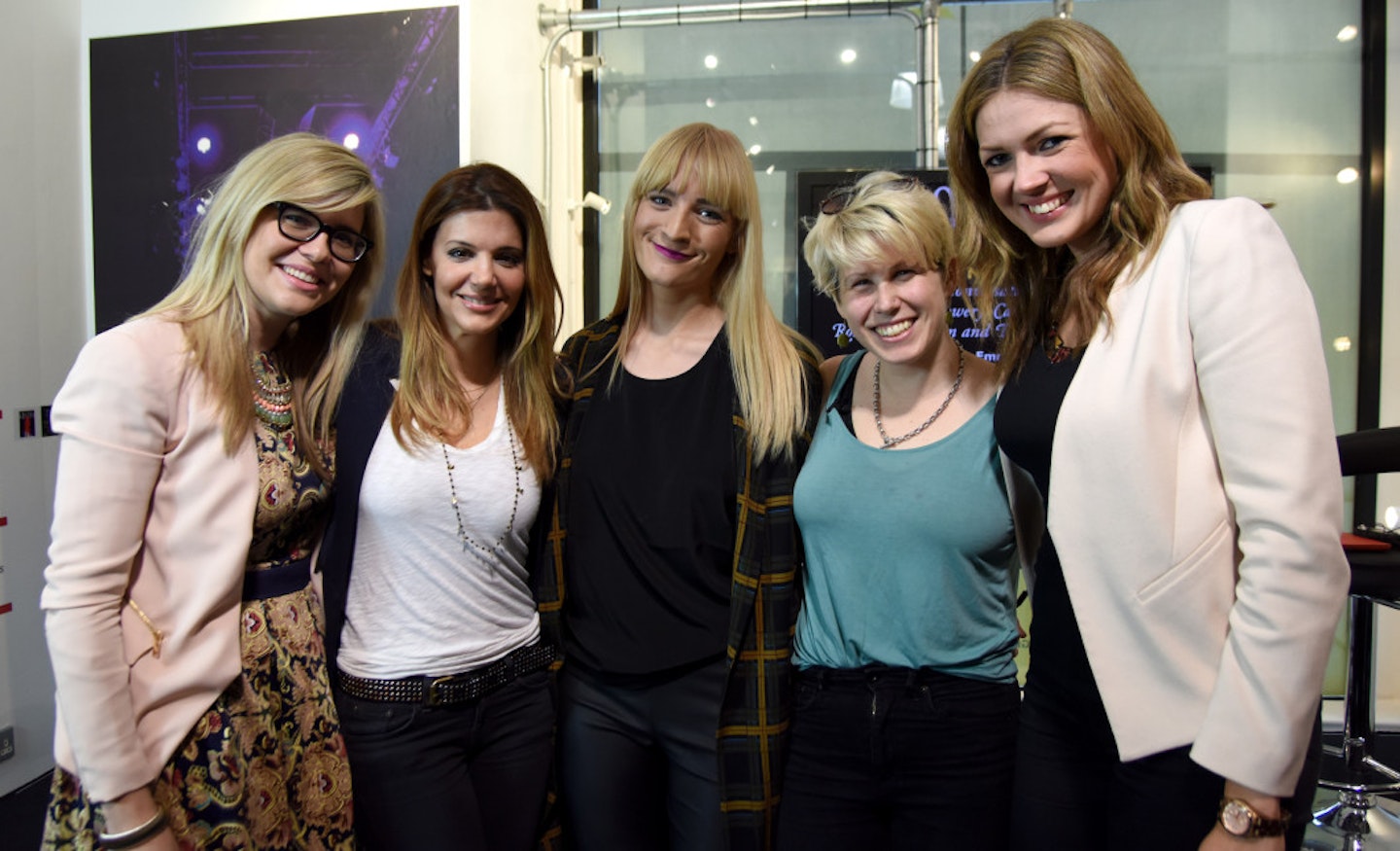
1. We view ourselves differently
"It's not by any means ruining our lives, but the Internet does change our perceptions of ourselves and our identity," said psychologist Linda Papodoulos. "I see many teenage girls and the way they talk about themselves and their bodies in terms of things like #thighgap and other things of the like is concerning," she added. All this, suggests Linda, is worsened by the fact that today many seek validation through 'likes' from people they don't know, a world away from feedback from people who would actually have a vested interest in you, like a family member or friend. "People try to constantly keep up this appearance of perfection, with everything we put out there scrutinized or validated," she said. But, suggested Buzzfeed UK news reporter Rossalyn Warren, all this is set to decrease with time. "It feels like the pressure to only show the best side of you on the Internet is decreasing. People are letting go and feeling a bit more confident and willing to show all the sides of themselves," she said.
2. The Internet has given women a voice
"Women often feel hesitant to put themselves forward or to shout about ourselves, technology has helped with our confidence to say or do online what we may be more hesitant to do offline," said Rossalyn. Indeed, journalist and feminist campaigner Caroline Criado-Perez, who recently successfully campaigned for historical women to be depicted on banknotes, credits the Internet with giving women more of a voice, and for helping her win her campaign: "The fourth wave of feminism is 100% down to the Internet," she said. "When you look at news media 78% of lead stories are about men, but it's completely different when you look at blogs and social media," she added. "It's taken away the need for permission, none of this would have happened without the Internet, not the campaign, nothing."
But, asked Telegraph Women's editor Emma Barnett, have men and women fallen into gender stereotypes online, too? "To a certain extent there is a strereotype," agreed Rossalyn. "Snapchat is mostly young men messing around and pulling pranks whereas women's blogs and YouTube channels are mostly fashion and beauty, but there are some amazing female comedians and women doing political chats and other things too," she added.
3. It's never been as easy to help others and drive change
"The Internet means it's easier than ever to help people across the world," said change.org UK director Brie Rogers Lowery. With six and a half million users signing or starting petitions on the site, the Internet, she explained, makes it much easier to gather support and spread the word. "Online petitions have helped change loads of things," agreed Caroline. "The Internet has democratised politics."
Indeed, the Internet has also faciliated the growing of networks, helping people connect with others in their industry or with common fields of interest and allowed them to share advice and experiences, explained Rossalyn, who's credited the Internet with improvements in all aspects of her life from personal to professional. This extends to conversations around topics that were previously stigmatised, serving to normalise them: "We have so much access to information about things like mental health, it's redefined and normalised what it looks like," said Brie.
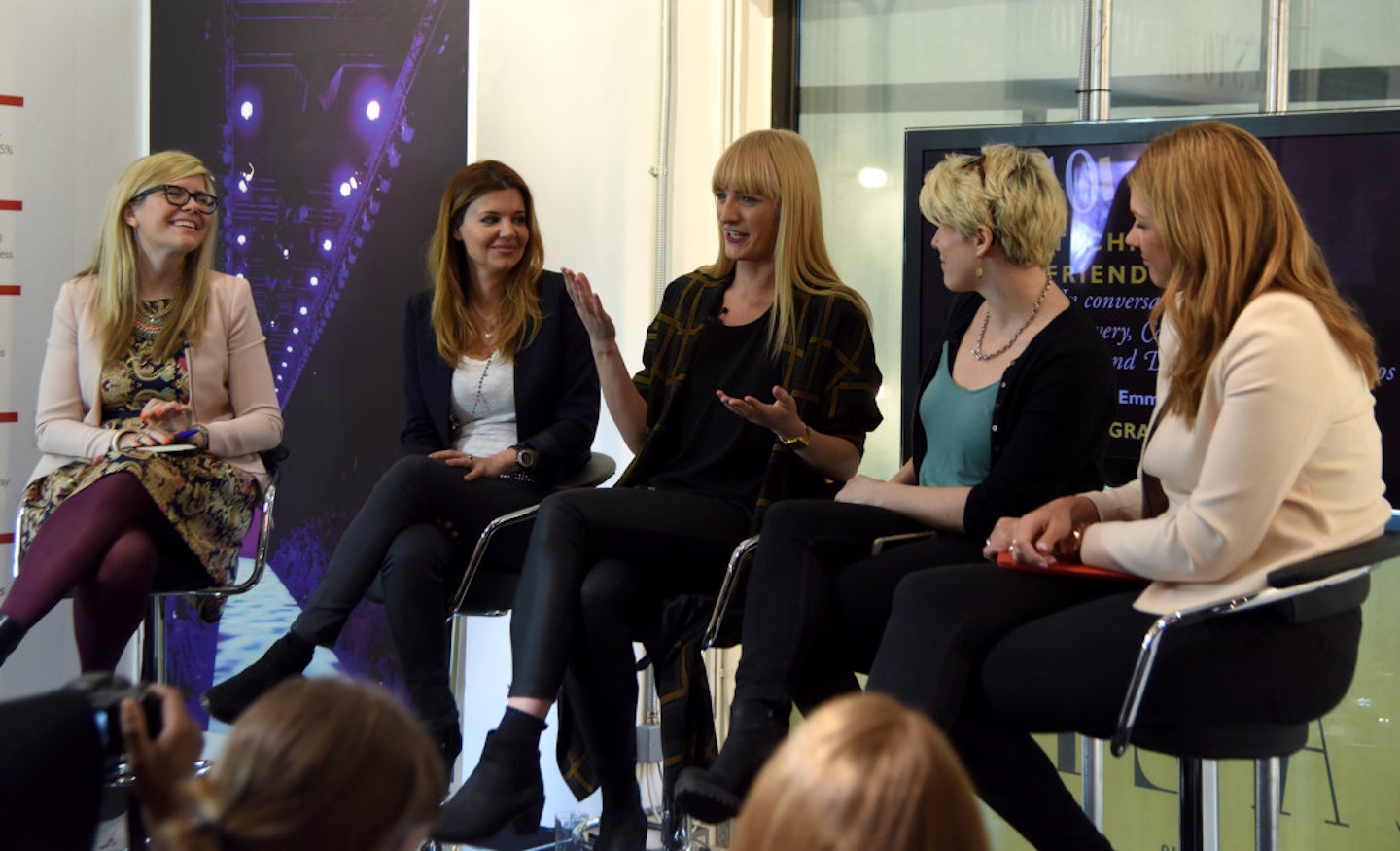
4. There's a really ugly side to it, too
Caroline, who received numerous death and rape threats after her bank note victory shared a glimpse into the dark side of the Internet, explaining just how very terrified she was to be receiving what felt like an endless stream of descriptive threats from people she didn't know nor had any idea just how much they were capable of. "It's incredibly isolating getting streams of abuse because no one else sees what you're getting," she said. "It's important, I think, to ask for support." And sadly, explained Brie, it's often feminist campaigners who receive the most hatred online. Linda suggested that this may be due to a "core feminist issue, that women are seen as a bitch or less likeable when they stand up for themselves." This, she added goes back to how girls are socialised at school, when they are taught to be good and seek approval whereas boys are taught to be naughty and resilient through sports and things of the like.
The internet has, suggested Linda, also increased the link between violence and sex, in particular for young people who are learning much of what they know about it through online porn. "Young girls just think that's what's expected now; the scripts given to pornographers online are very one dimensional and all about what's pleasing to a guy," she explained. Revenge porn - a relatively new phenomenon where nude photos or videos (often of a female) are leaked by an ex in an act of revenge - is also a development that's indicative of the darker side of the Internet and wouldn't have existed, added Rossalyn, without it.
5. It's not about spending less time but instead knowing when not to
In a time when most of us are checking our phones an average of 150 times a day (!) how much time is too much time on the Internet? "I definitely need to spend less time online," said Rossalyn, brandishing her mobile phone which she had kept in her lap "just in case". Linda explained how she tries not to check emails after 8pm while Brie said it was important to keep your phone tucked away when out with friends or on holiday. Although each had different ideologies on how much warranted too much, ultimately they agreed that it's not necessarily about spending less time on the Internet, but more about knowing when not to.
See more from the talk in our video below...
Please drop in to the free exhibition or book a place at a TenTalk. The exhibition runs from 23rd February - 14th March and is open to the public Monday Friday (10am-5.30pm), Saturday (12-5.30pm). Please note the gallery is closed when the #Grazia10talks are on.
Inside #Grazia10 Launch
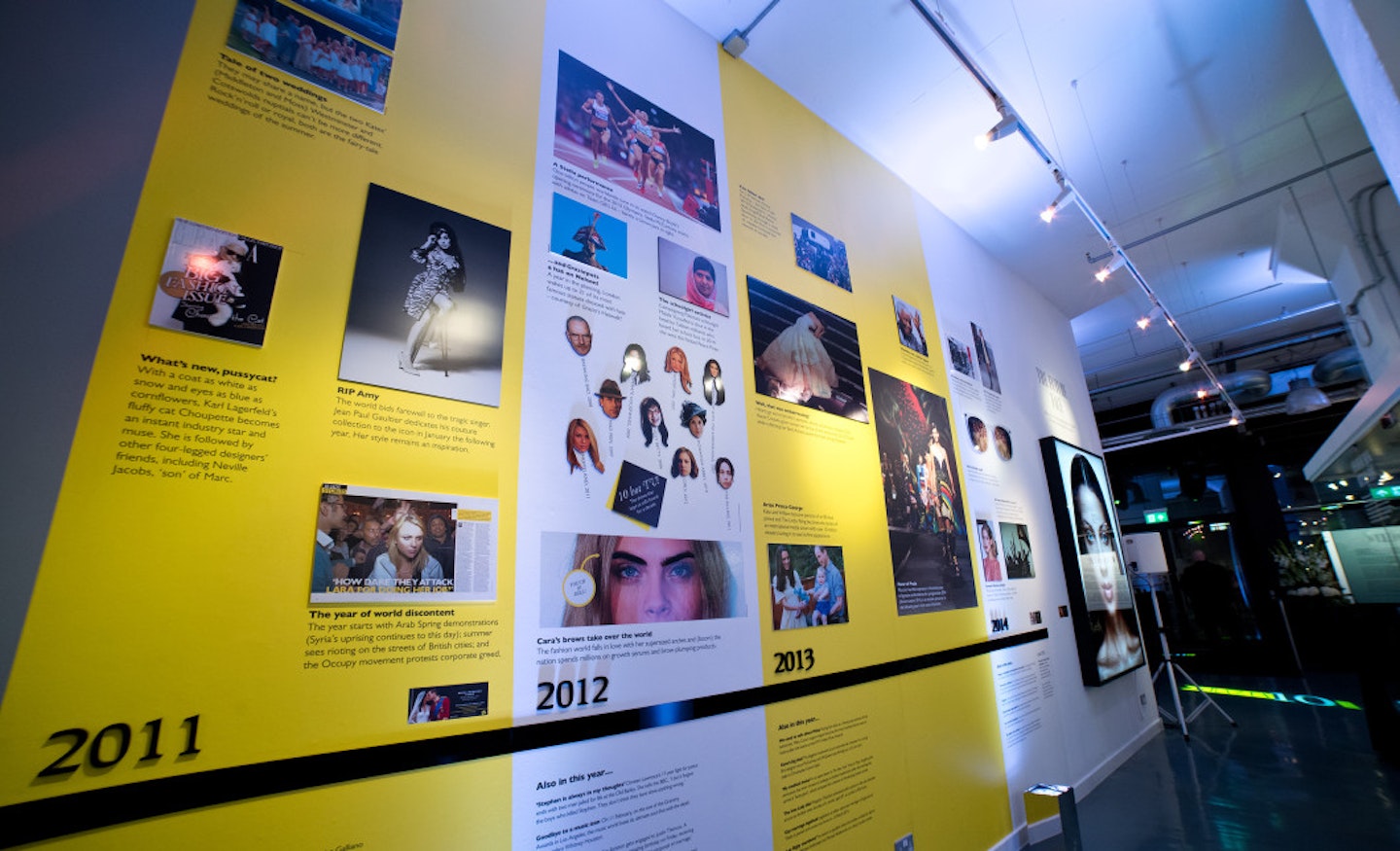 1 of 15
1 of 15Inside the preview of the #Grazia10 exhibition
Touch Cara Delevingne's eyebrows
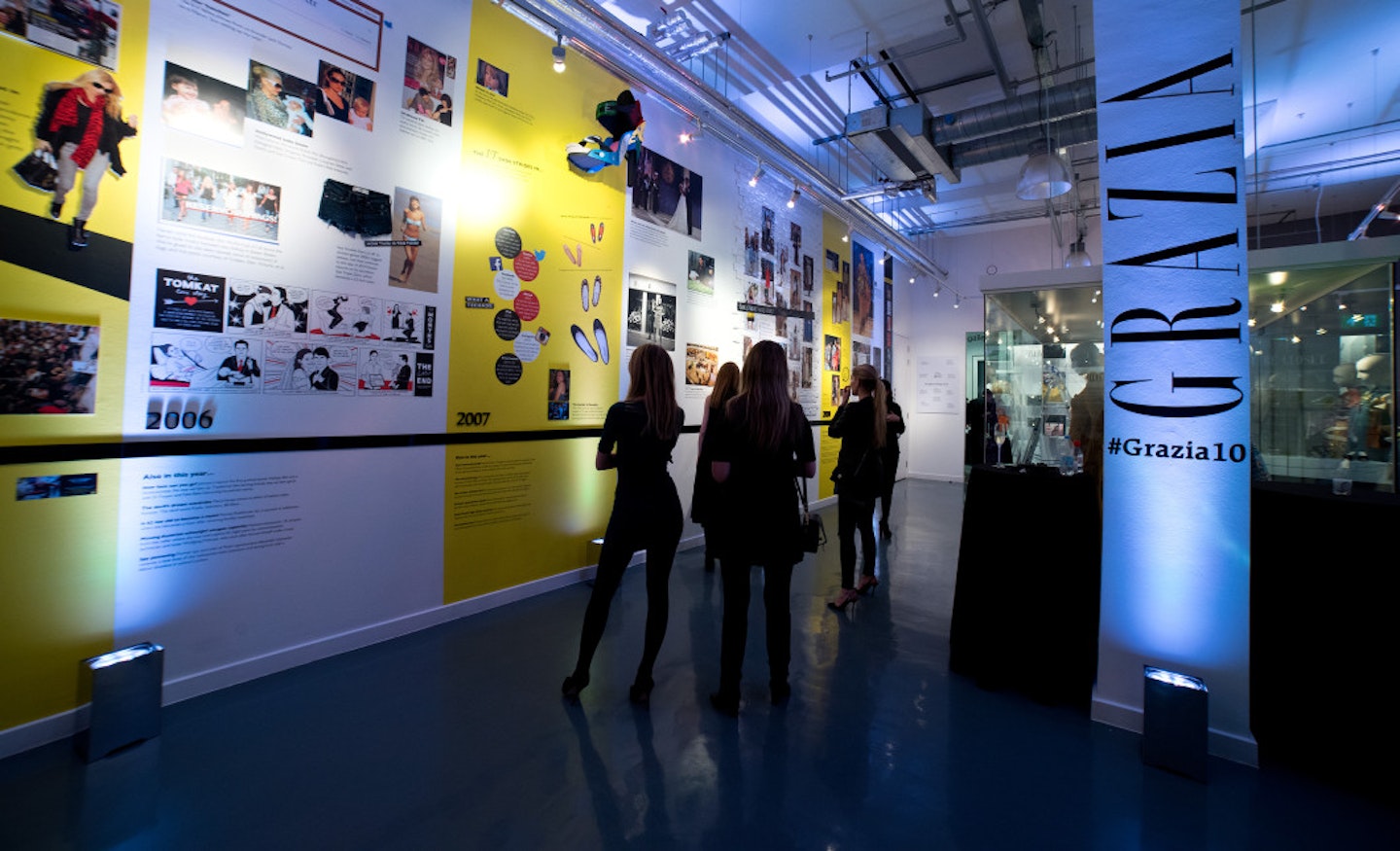 2 of 15
2 of 15Inside the preview of the #Grazia10 exhibition
.
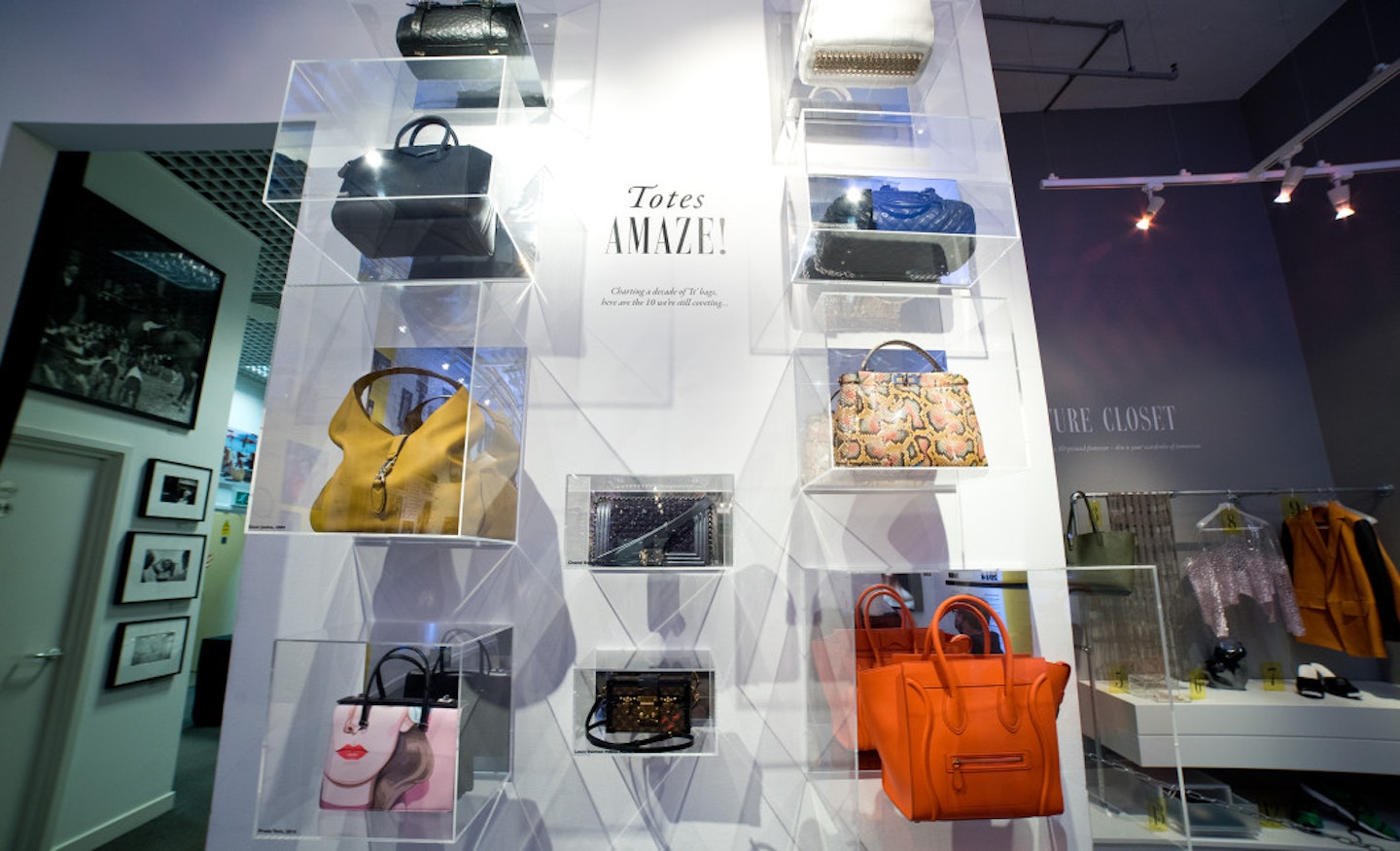 3 of 15
3 of 15Inside the preview of the #Grazia10 exhibition
Our wall of 'totes amaze' It Bags
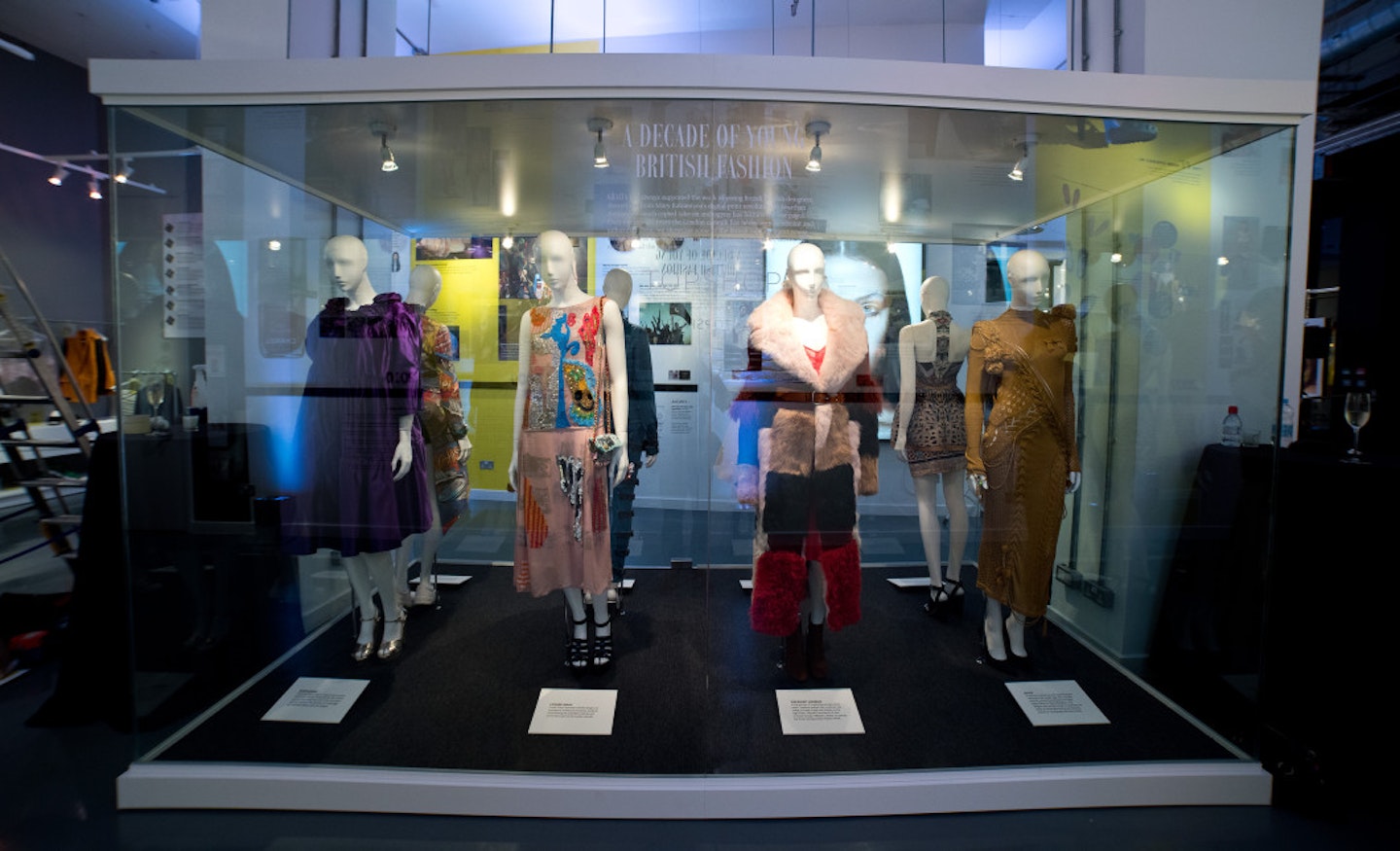 4 of 15
4 of 15Inside the preview of the #Grazia10 exhibition
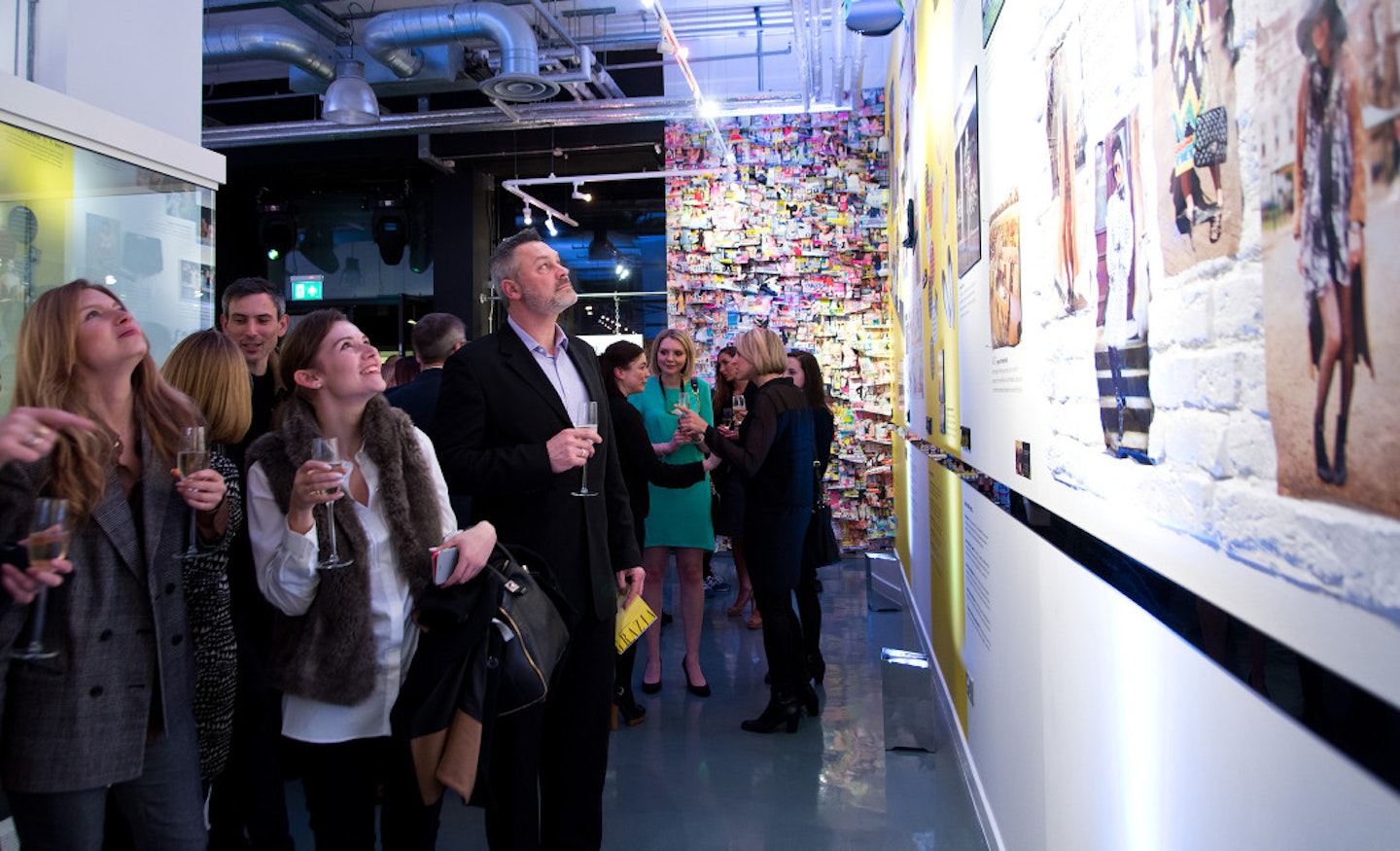 5 of 15
5 of 15Inside the preview of the #Grazia10 exhibition
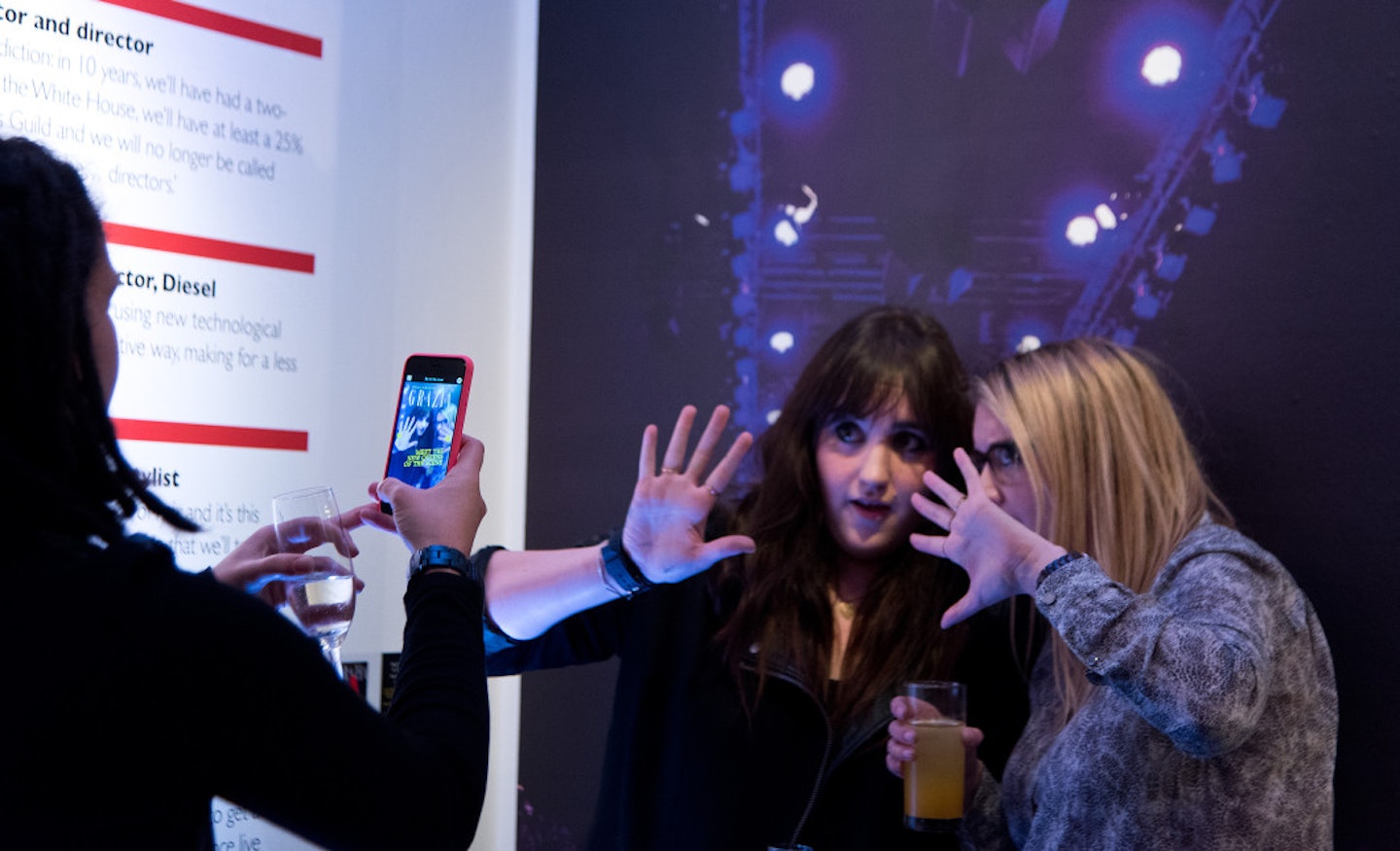 6 of 15
6 of 15Inside the preview of the #Grazia10 exhibition
YOU can be a #Grazia10 coverstar, too!
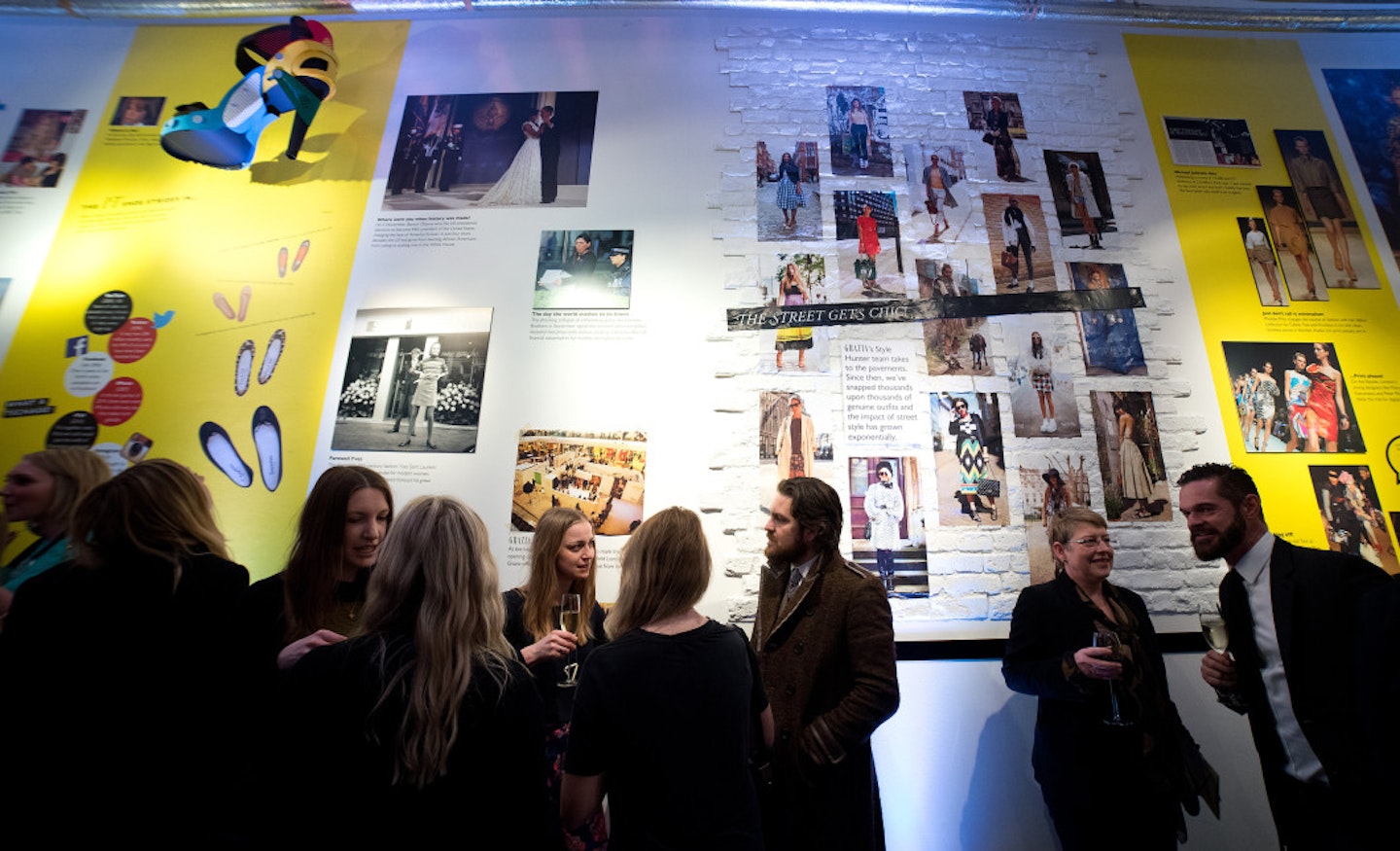 7 of 15
7 of 15Inside the preview of the #Grazia10 exhibition
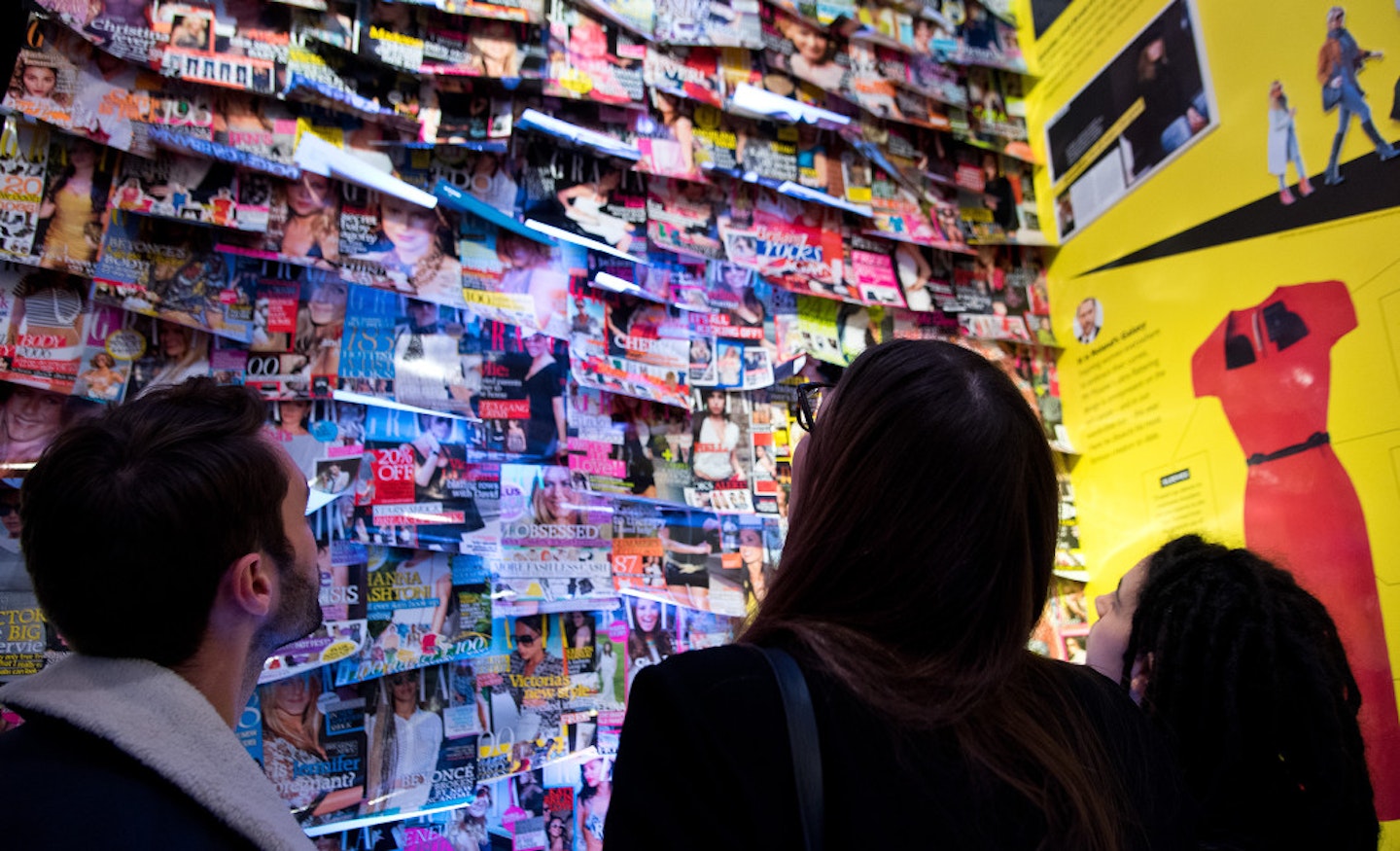 8 of 15
8 of 15Inside the preview of the #Grazia10 exhibition
A wall of Grazia covers
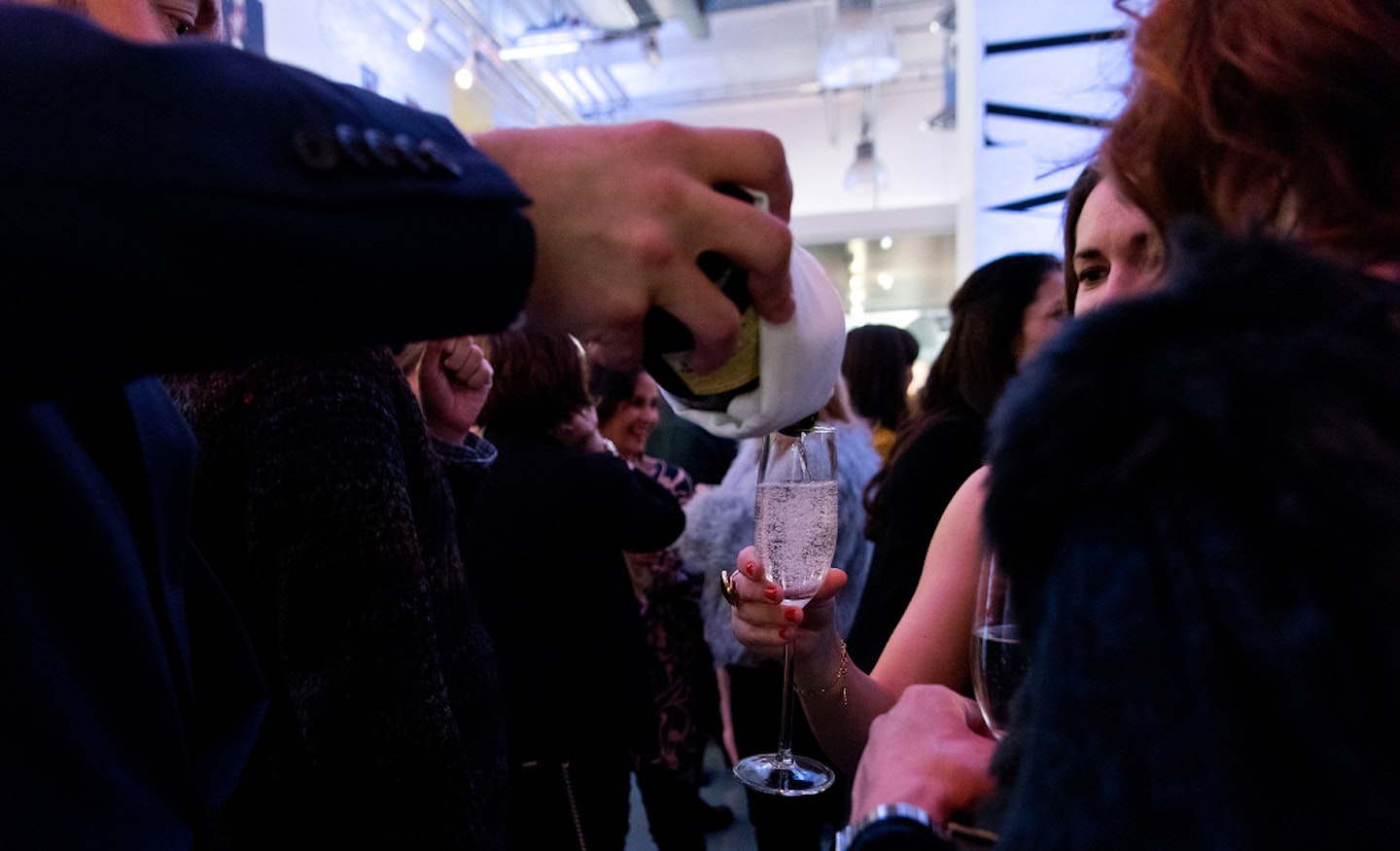 9 of 15
9 of 15Inside the preview of the #Grazia10 exhibition
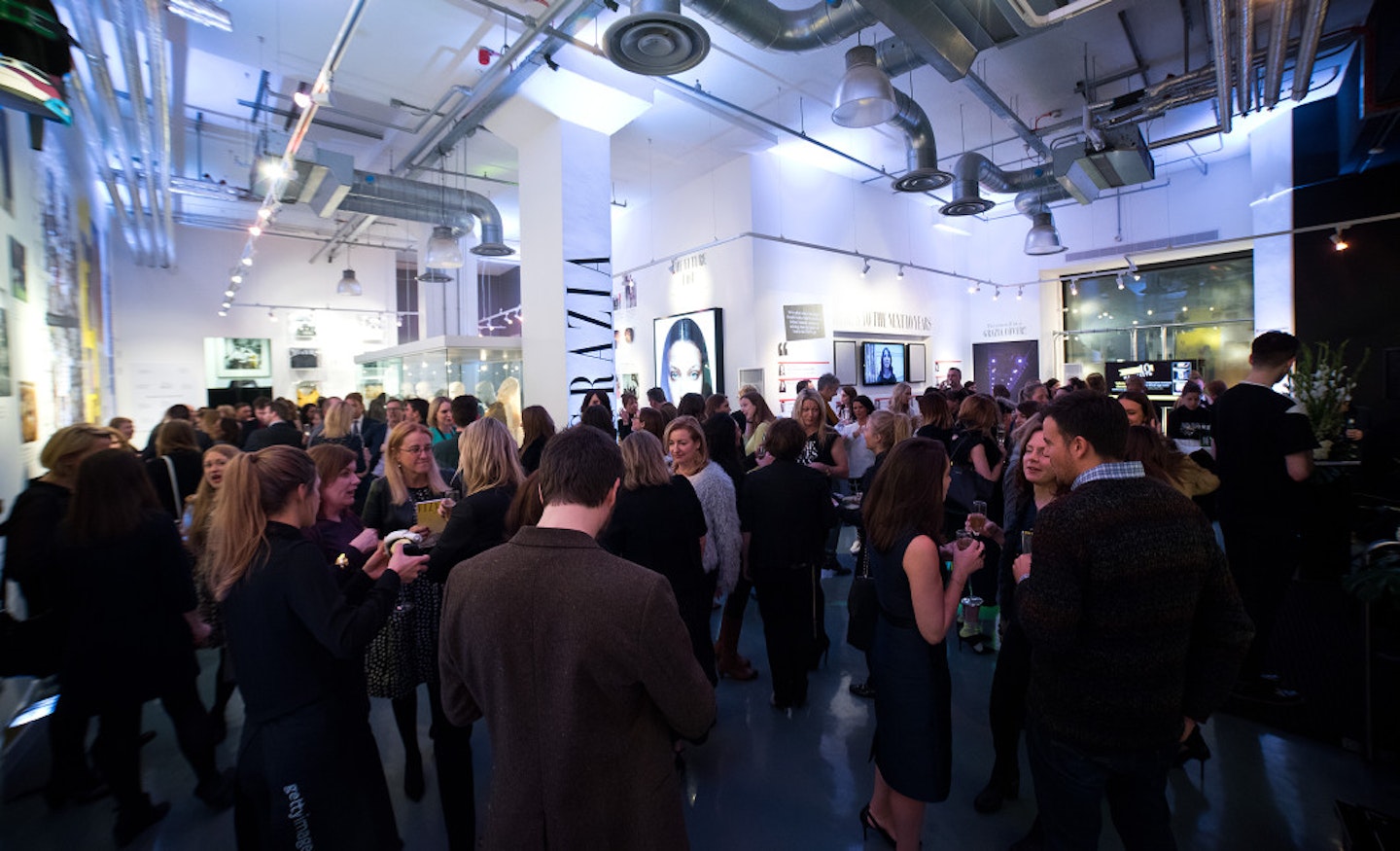 10 of 15
10 of 15Inside the preview of the #Grazia10 exhibition
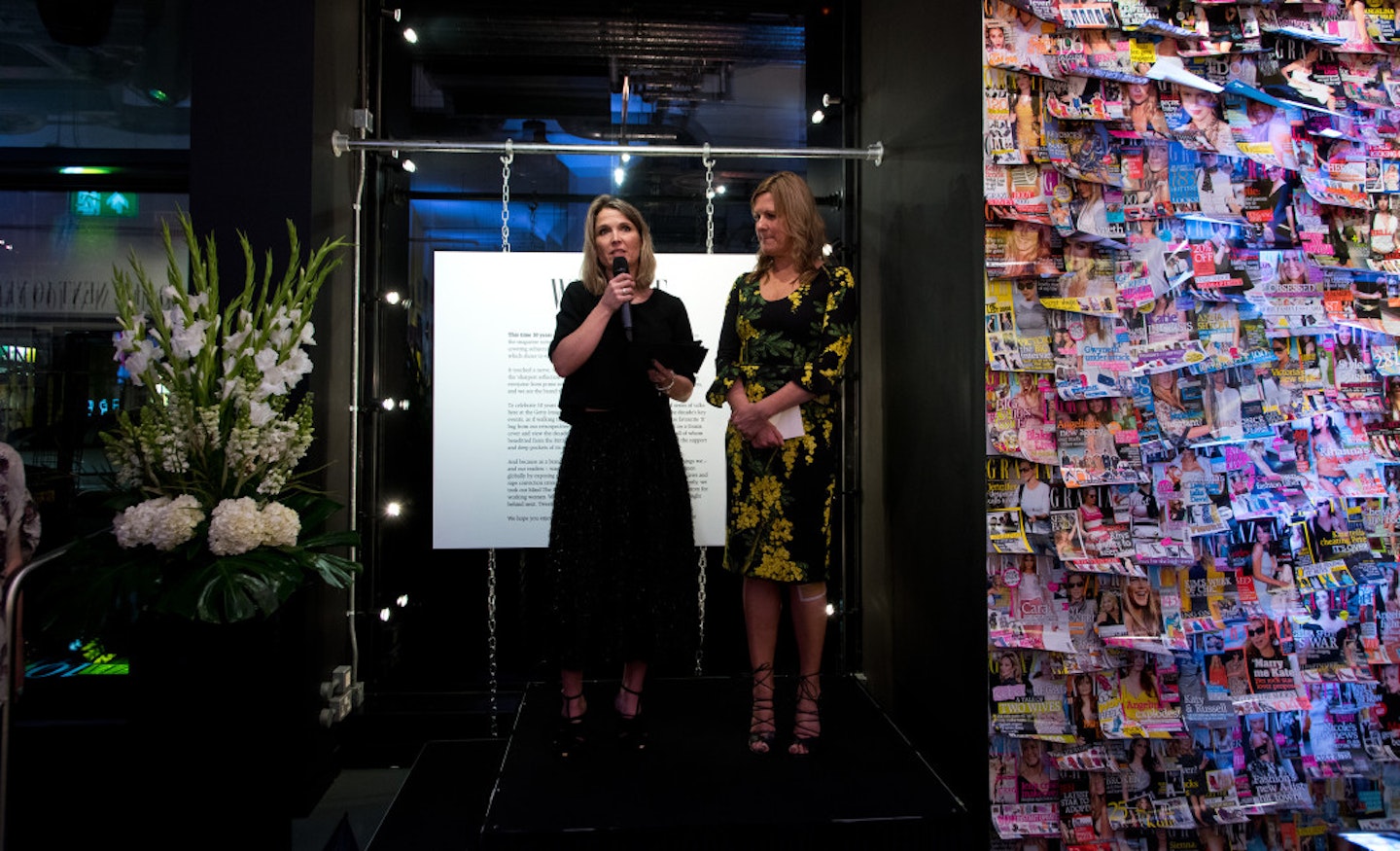 11 of 15
11 of 15Inside the preview of the #Grazia10 exhibition
Grazia's Jane Bruton and Bauer Media's Abby Carvosso
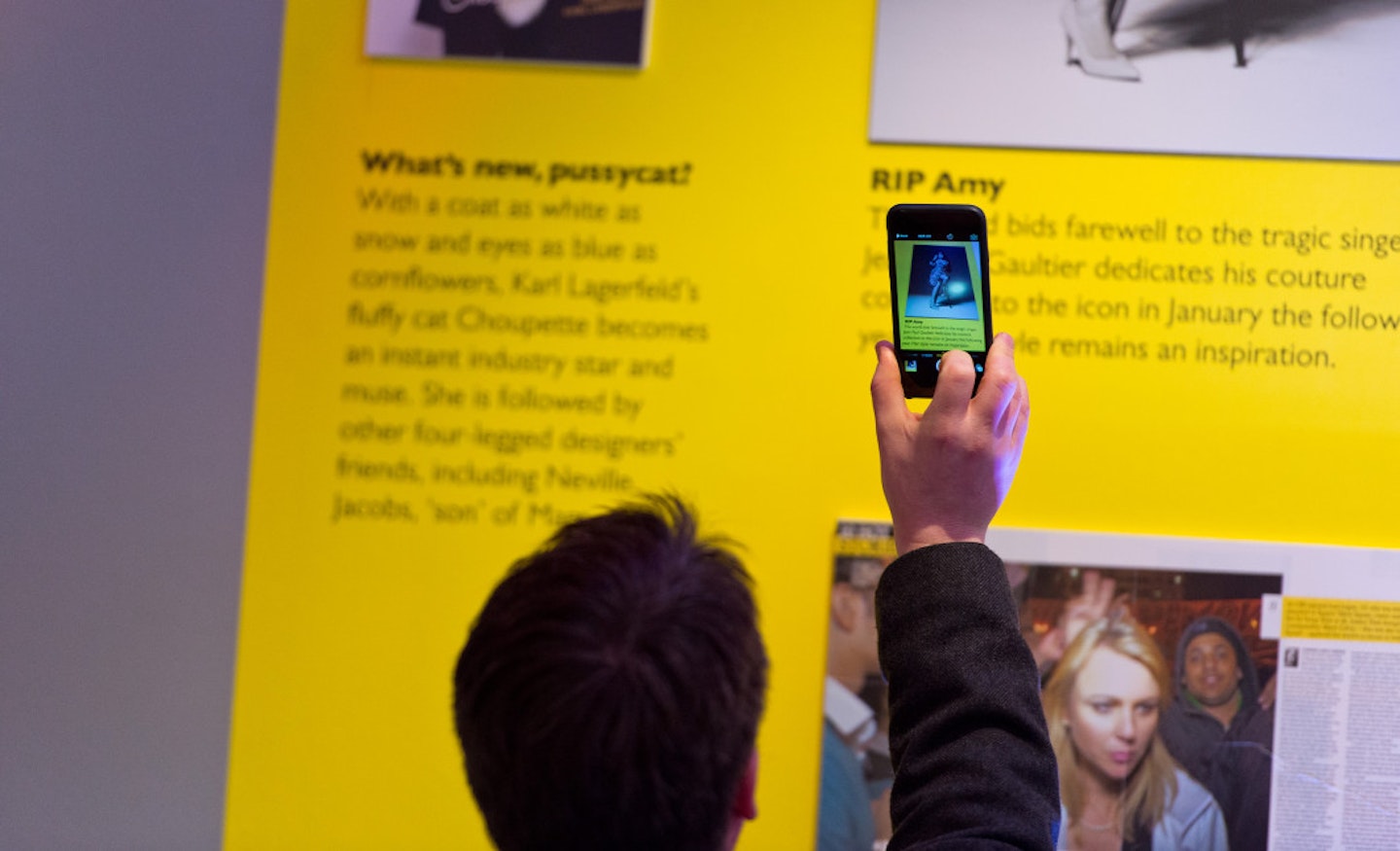 12 of 15
12 of 15Inside the preview of the #Grazia10 exhibition
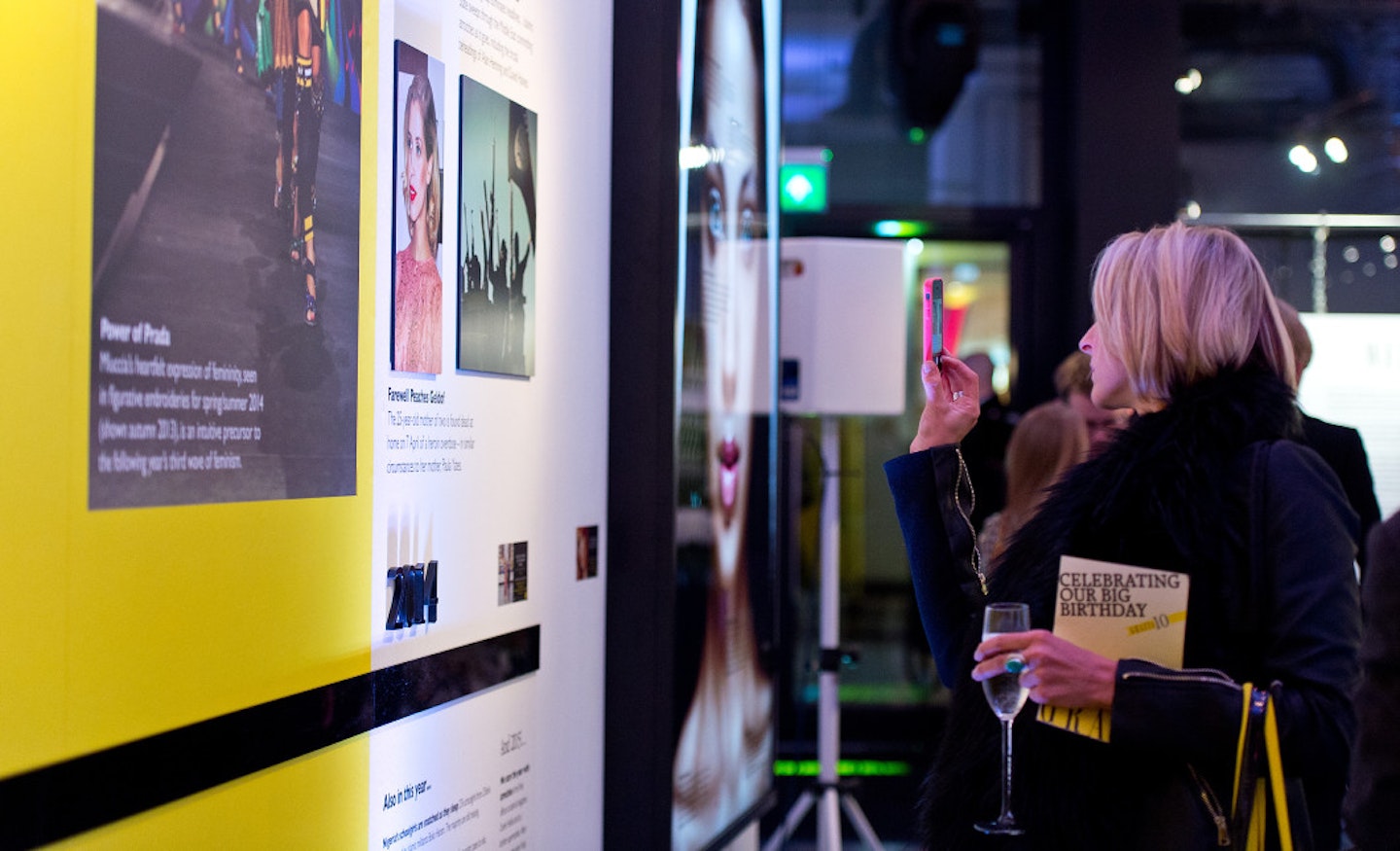 13 of 15
13 of 15Inside the preview of the #Grazia10 exhibition
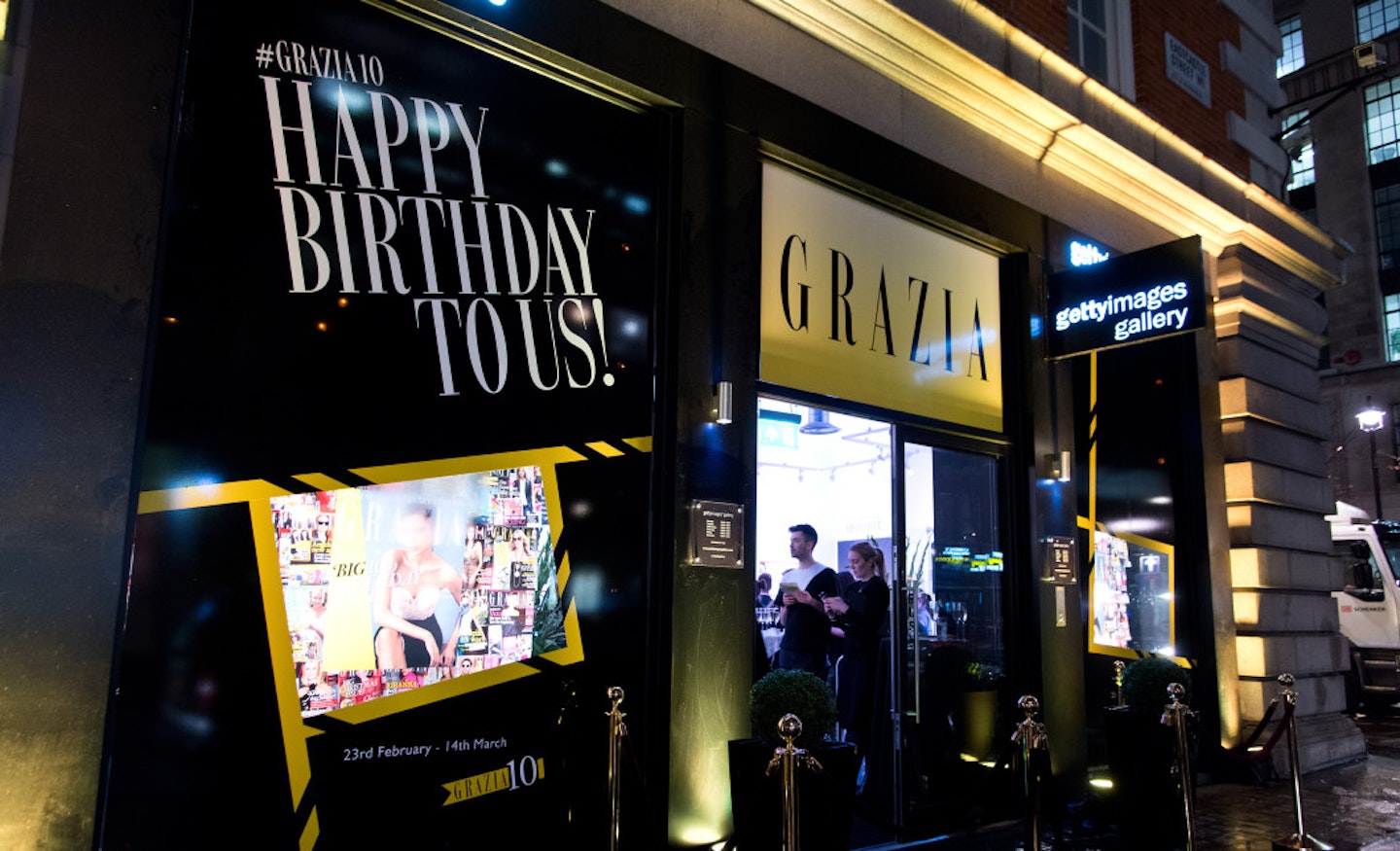 14 of 15
14 of 15GALLERY >> Inside the preview of the #Grazia10 exhibition
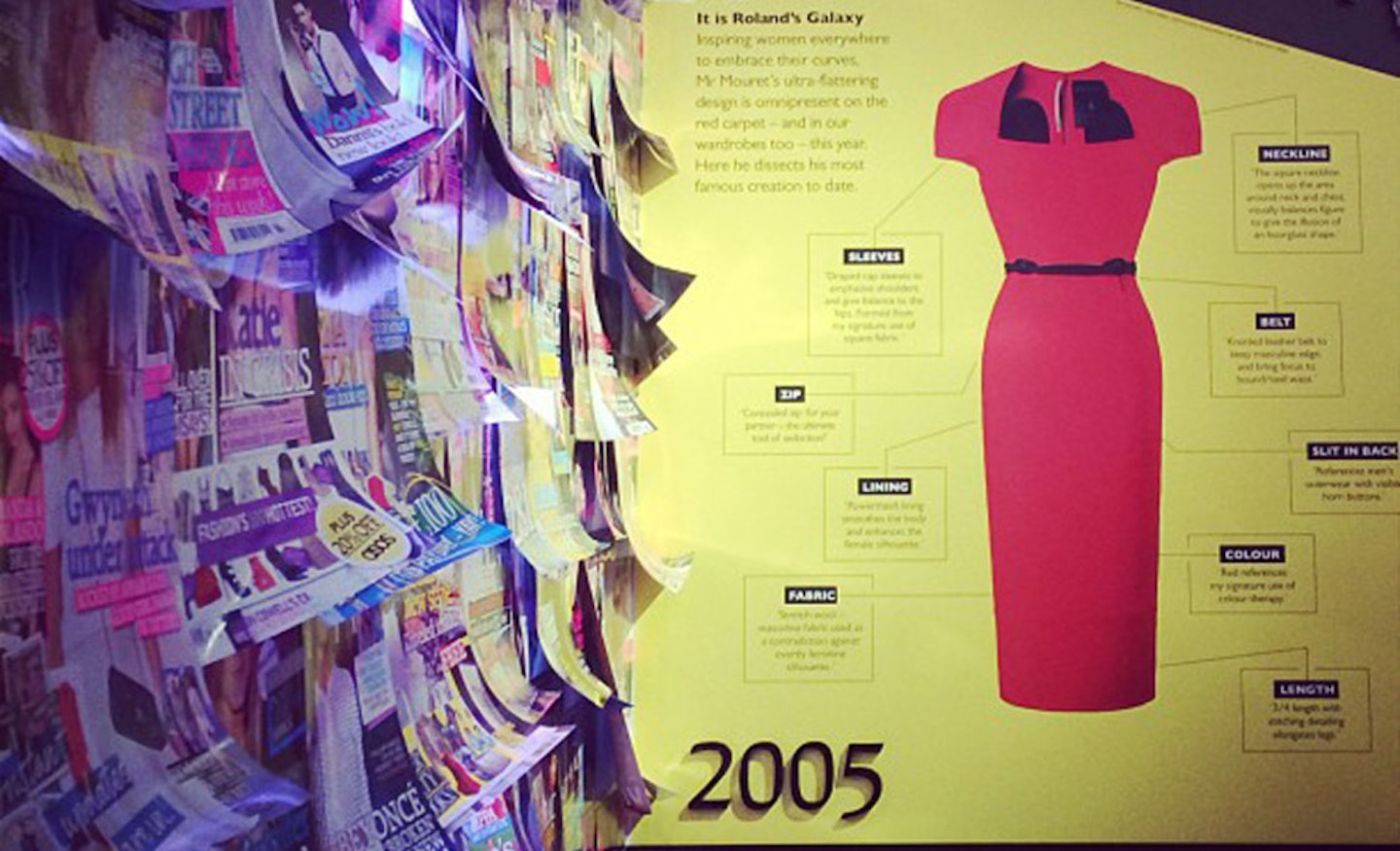 15 of 15
15 of 1511004995_637334806395379_574770006_n
Didn't manage to make any of the talks? Don't fret!** You can enjoy #Grazia10 highlights every day right here at Graziadaily.co.uk.**
